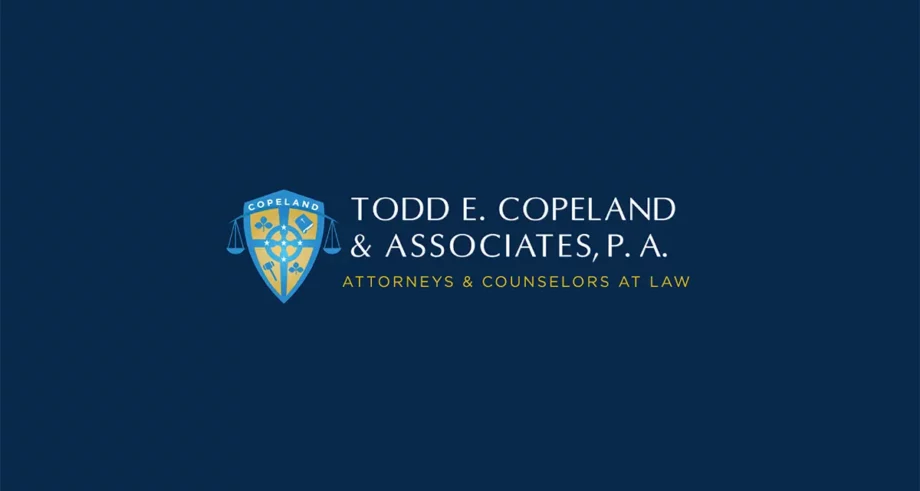Bringing a new little life into the world invariably should be a joyous occasion. But when a birth injury happens, it can prove a frightening, potentially heartbreaking one. Yet, it’s more common than most expectant parents realize. Of every 1,000 births in the United States 27 of them result in some form of injury. While that figure may seem statistically low, consider the sheer numbers. More than 250,000 babies are born in Florida hospitals each year, which means some 5,000 to 10,000 of newborns here suffer an injury at birth.

Common causes of birth injury include:
- Birth weight that exceeds 4,000 grams (8 pounds, 13 ounces)
- Prematurity, which makes babies’ bodies more fragile and susceptible to injury
- Cephalopelvic disproportion, which means that the size and shape of the mother’s pelvis is inadequate for the baby to be born vaginally
- Prolonged or difficult labor or childbirth
- Abnormal birthing presentation, for instance, a baby being delivered breach (buttocks first)
- Umbilical cord entrapment, which involves the umbilical cord being wrapped around a baby’s neck or other body part, which can cause oxygen deprivation and result in brain damage, cerebral palsy or Erb’s palsy.
Some birth injuries seem a bit scary to new moms and dads, but are minor and will correct themselves with time and care. Others can carry more serious consequences and require medical treatment. And, unfortunately, some are caused not by natural birth factors but by a physician’s negligence or medical error.
Malpractice incidents that can lead to birth injury include:
- A physician’s failure to anticipate birth complications;
- Failure to respond quickly and appropriately to bleeding;
- Failing to identify or respond to umbilical cord entrapment;
- Failure to respond to fetal distress including irregularities in the baby’s heartbeat;
- Delay in ordering cesarean section (C-section) when medically necessary;
- Misuse of forceps or a vacuum extractor during delivery, which can cause bruising, lacerations, facial deformations or cranial deformations;
- Inappropriate or excessive administration of labor-inducing.
If you’re a new parent who believes that your baby was injured by a doctor, nurse or other medical care provider’s negligence or error, you may be due compensation for your newborn’s injuries and the required treatment and therapy. Orlando’s Todd E. Copeland& Associates can help. Contact us at 407-999-8995 for a free consultation.
